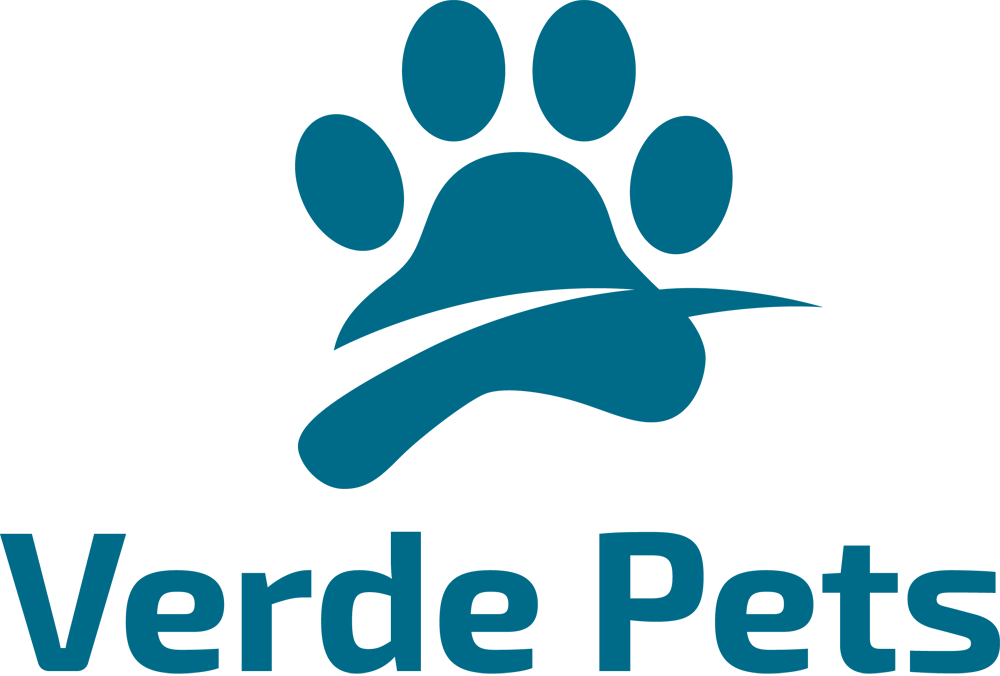
Taking a detailed look at the first-half financial results of seven major #petretailers: Pets at Home, Musti, Chewy, Petco, Central Garden & Pet, Pet Valu, and Petz.
Leading global pet retailers have delivered mostly strong performance in their latest financial updates. Among these seven analyzed players, only two reported negative results in either the second quarter (Q2) or the first half (H1) of 2025.
Overall, both positive and negative outcomes stemmed from two key factors: the broader macroeconomic environment and each company’s unique business strategies. Moves that fueled positive results included strategic acquisitions, store expansion, and doubling down on convenience-focused business models.
The Macroeconomic Picture
On the macro side, a few key trends shaped performance. The recovery of certain consumer markets—like the Nordic countries—helped boost demand for #petproducts. Additionally, falling interest rates across economies such as Europe, the UK, and (more recently) the US provided a supportive backdrop.
There’s also the ongoing influence of pet parenting trends, which Musti Group notes “drive long-term structural growth in the #petmarket.” This includes #petownership levels stabilizing after the post-pandemic boom-and-bust cycle, as well as a growing preference for premium pet products.
For the retailers that struggled, weakening consumer demand and slowing economic growth were major headwinds—especially for American companies, given the US economy’s slower expansion this year. Central Garden & Pet, for example, flagged “shifts in consumer behavior amid macroeconomic and geopolitical uncertainty” as a key risk to its future outlook.
The Winners: Retailers That Thrived in H1 2025
Musti Group
This Nordic retailer posted an impressive 14% year-on-year (YoY) increase in net sales, reaching €241.5 million ($263M) in H1.
A big driver of this growth was its acquisition of Pet City in the Baltics, which alone added €17.3 million ($18.9M) to net sales. The company also opened seven new stores during the period—an move that directly lifted in-store sales and contributed to the overall strong performance.
Chewy
American online pet retail giant Chewy reported an 8.6% YoY rise in net sales for Q2 FY2025 (which ended August 3), hitting $3.1 billion (€2.9B).
Autoship sales were the standout success of the quarter: they made up 83% of total net sales and grew 15% YoY, highlighting how much customers value the convenience of regular, automated pet product deliveries.
Petz
Brazil’s largest pet retailer had a strong H1 FY2025, with gross revenue climbing 8.2% to R$2 billion ($400M/€360M).
The company grew in-store sales, improved digital margins, and turned around its accessories segment—an area that underperformed last year. Another key win for Petz in H1 was the increased adoption of its private label products, which helped boost profitability.
Pet Valu
The Canadian retailer saw a 5.8% revenue surge in Q2, reaching CA$280.6 million ($207.6M/€190.8M). The quarter also included the opening of three new stores.
According to Pet Valu, the growth came from two fronts: more customer transactions and higher spending per transaction. The company also noted that favorable foreign exchange gains contributed to its positive results.
The Challengers: Retailers Facing Headwinds
Pets at Home
The UK-based retailer operates on a different fiscal year, and it ended Q1 FY2025 (July 17, 2025) with a 1.9% revenue decline, reporting £435 million ($555.4M/€514.4M).
While its consumer goods segment (which includes #petfood, toys, and accessories) dragged down overall revenue, its veterinary business helped soften the blow—it grew 7.1%, driven by higher average transaction values and more customers signing up for pet health plans. A weaker UK market and stagnant growth in the country’s pet sector were the main factors behind the negative result.
Central Garden & Pet
Central’s latest report brought disappointing news: net sales fell 4% to $961 million (€884M) in Q3 FY2025 (ended June 28). Its pet segment also declined, dropping 3% to $493 million (€454M).
The company attributed the decline to two primary factors: a strategic streamlining of its product assortment (assortment rationalization) and softer demand for durable pet products during the quarter. For the first nine months of FY2025, Central’s total net sales reached $2.5 billion (€2.1B). Additionally, the US-based company reported a $1.7 million (€1.5M) loss from winding down its UK operations over the course of the year, which further weighed on results.
Petco
The American retailer is the most complex case in this group. While it reported a 2.3% drop in net sales (totaling $1.5 billion/€1.3B) in Q2, it still beat market expectations—and its operating income saw a significant improvement, rising $40.6 million (€34.6M) to $43 million (€36.6M).
Petco noted that part of the sales decline stemmed from store closures: 25 net closures in FY2024 and 10 more in FY2025. It also highlighted that in-store performance was strong, but weakness in its e-commerce segment offset those gains. This year, Petco is focused on refining its business model to drive growth—with a focus on cost control and smarter capital allocation.
Full-Year 2025 Outlooks
Several retailers have updated their full-year forecasts based on H1 results:
- Chewy: Raised its sales guidance from what it announced in the previous quarter, signaling confidence in continued growth.
- Pet Valu: Increased its 2025 outlook across key metrics—revenue, adjusted EBITDA, adjusted net income per diluted share, and net capital expenditures. CEO Richard Maltsbarger cited that the “business strengthened throughout the quarter” as the reason for the upward revision.
- Pets at Home: Lowered its market growth forecast after results came in “below initial expectations,” according to former CEO Lyssa McGowan (who has since stepped down).
- Petco: Maintained its net sales outlook but raised its earnings forecast, reflecting improved profitability.
- Musti Group: Provided a cautious outlook, stating it expects a gradual return to roughly 4% market growth.
- Central Garden & Pet: Shared limited guidance, noting it expects non-GAAP (Generally Accepted Accounting Principles) earnings per share of approximately $2.60 (€2.40) and capital expenditures between $50 million (€46M) and $60 million (€55M) for the full year.
Source: GlobalPETS
